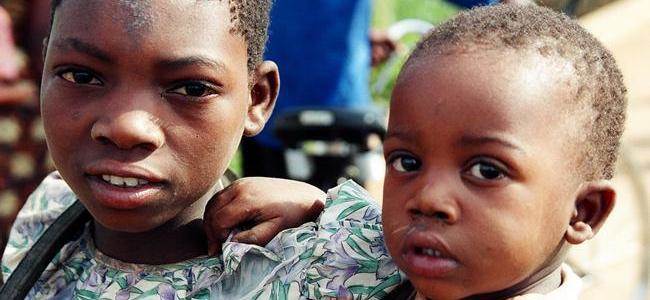Global health is a prioritized area within Norwegian development policy, built on a premise to promote and respect fundamental human rights and ensuring equal access to health services based on a strong, sustainable and nationally owned health system. Norwegian effort in global health are spearheaded by political leadership at the highest level and backed up by global diplomacy and investment of Norwegian aid resources.
Health is one of three priority sectors for Norway in Malawi. The sector is heavily dependent on donor funding, as around two thirds of the resources are from external sources. Norway is an important bilateral partner. Other central donors to the sector are th UK (DFID), USAID, KFW and GIZ. Important multilateral partners are UNICEF, UNFPA and WHO. Global initiatives such as GAVI and GFATM also provide substantial funds to the health sector in Malawi.
New-born and child mortality has been reduced in Malawi in recent years. The reasons for this is improved access to vaccines and health facilities in rural areas. Today aroun 90% of all deliveries take place in health facilities. This has lad to a reduction in child mortality, but many new-borns and children under five still die of preventable causes, such as infections, diarrhoea and malaria. Maternal mortaliy remains high in Malawi - 547 out 100,000 mothers die of pregnancy related causes each year. This amounts to 10-12 mothers every day. 17% of these deaths are due to complications after unsafe abortions.
Although these has been a 70% increase in graduating health workers from 2010 to 2015, there is a 45% vacancy rate in the public health sector. Most health workers work in hospitals in urban areas, although over 80% of Malawi's population live in rural areas.
These numbers show that although there is some development in a positive direction, the health sector is still facing challenges in the years to come. Norway wishes to be a long-term partner for Malawi and support the Government of Malawi to provide basic health care services to the country's population, and thus working towards achieving the Sustainable Development goal on health.
The main goals for health in the bilateral cooperation with Malawi is to:
- Contribute to improved health services and increased quality of health personnel
- To make the highest attainable standard of health services available to Malawi's population
In line with national and global policy, the Norwegian embassy supports programmes aiming to reach results by:
- Strengthening the Malawi Government's ability to implement its health sector plan
- Increase capacity to train health personnel and manage health personnel deployment
- Strengthening service delivery for maternal and child health
- Improving service delivery for family planning, i.e. sexual and reproductive health and rights, especially for adolescents
